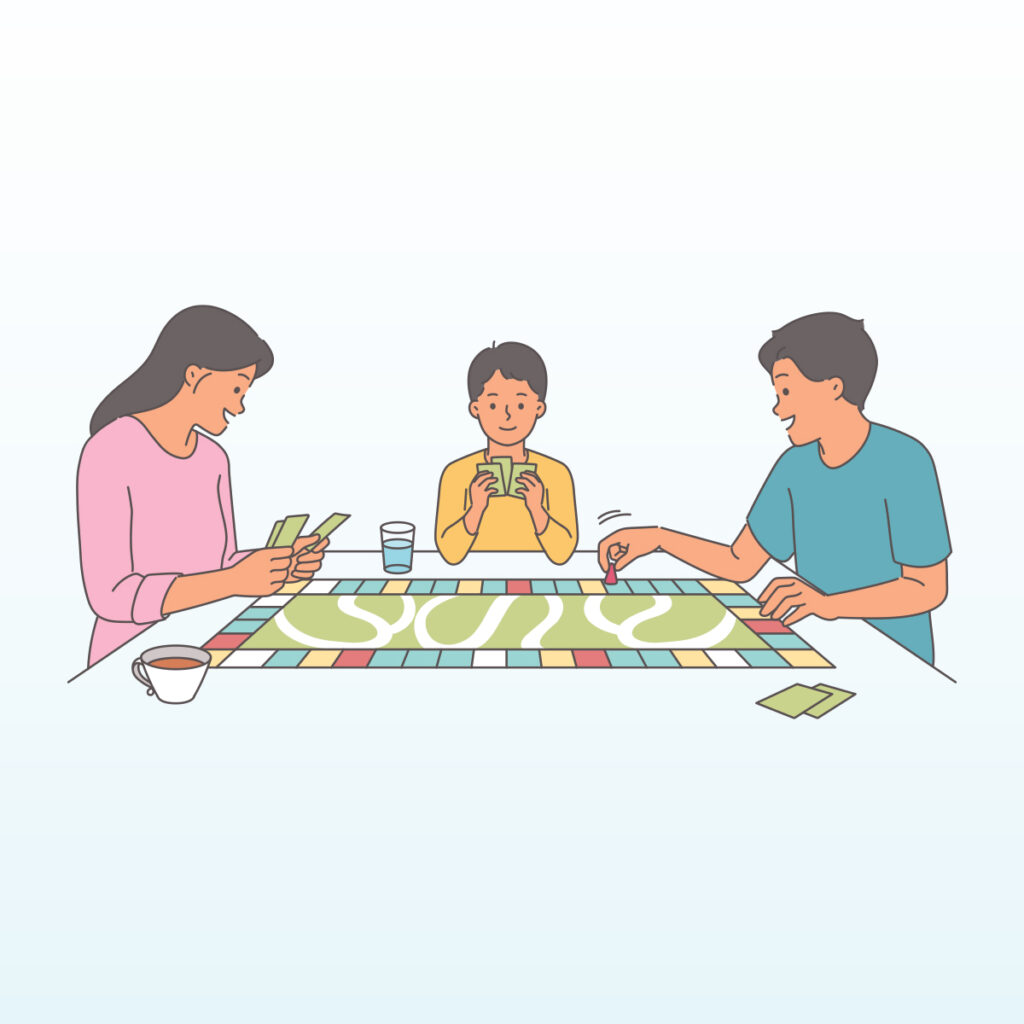A Necessary Pre-Existing Condition
Two recent movies, Sex and the City and the remake of the 1939 classic, The Women, celebrated friendship among women. Through marriage, childbirth, infidelities, broken hearts, and relationships, the support and connection between the characters struck a cord with women everywhere, if not with the critics.
Women who have formed strong bonds with other women will attest to the psychological and emotional benefits that friendship brings to their lives, but what about the impact of women friends, confidants and socialization on women’s physical health? Can socialization with other women benefit women’s physical health? There is a growing body of research supporting that hypothesis, particularly as women age. In fact, friendship among women is possibly one reason that women live longer than men, and longer than women who do not form strong connections with other women.
A recent UCLA study found that friendship among women can calm the chaos in other areas of their lives and make up for unfilled emotional needs in marriage. Simply spending time with friends can help alleviate stress and produce a calming effect. Prior to the UCLA study, 90 percent of traditional research on stress response had been done on males and as such made a huge mistake by not including females. Reaction to stress for both men and women was thought to have been the “fight or flight” response, an ancient survival mechanism which prepares the body to stand and fight or flee.

In a major breakthrough which contradicts five decades of stress research conducted mostly on men, the UCLA study found that men and women respond differently to stress. Women under stress release the hormone oxytocin, which produces a “tend and befriend” reaction rather than “fight or flight.” It motivates women to take care of children and connect with other women. Oxytocin, also known as the “cuddle chemical” or “social thermostat,” is released into a woman’s bloodstream after childbirth and during nursing to facilitate mother-child bonding and is now believed to be released in times of stress as well. This does not occur in men as men produce high levels of testosterone under stress which reduces the effects of oxytocin while estrogen enhances it. Men flee and want to be alone; women seek out each other and bond.
Dr. Shelley Taylor, professor of psychology and one of the principal investigators of the UCLA study, says “The different ways that men and women respond to stress may lead researchers to understand why men are more likely than women to suffer stress’ harmful effects. Female friendships play an important role in women’s mental health. Women can hold off many stressors by affiliating with other women, by building liaisons and forming friendships.” A June 2001 nurses’ health study from Harvard Medical School came to similar conclusions finding that the more friends women had, the less likely they were to develop physical impairments as they aged.
Other studies have shown that along with the happiness and validation associated with friendship, physical problems such as high blood pressure, increased heart rates and high cholesterol can be reduced. And in the face of one of life’s biggest stressors, the death of a spouse, it has been found that women who had strong connections with other women were more likely to survive without any new physical problems or loss of vitality. Another plus, when women form strong bonds they often plan group activities such as exercising together which can benefit weight, flexibility, and muscle tone.
Women’s friendships are different than men’s. Women are better at maintaining friendships than men due to the “tending and befriending” reaction to stress. Dr. Margaret Gibbs, a professor of psychology at Fairleigh Dickinson University, found that “women seemed more geared to empathy, while male friendships are more geared to companionship and altruism. Male friendships are more about helping each other – mending the lawn mower. Women’s friendships tend to have a more emotional content – listening to friends’ stories and coming up with helpful solutions.” Men’s friendships are more casual and tend to support each other by giving advice while women need to emotionally bond and their support takes the form of encouragement, validation and acceptance.
Men rely more on their marriages and wives to keep loneliness at bay, and are healthier and live longer than unmarried men. In contrast, unmarried women with strong friendship bonds are still able to stay healthy and live long lives. “When a romantic relationship ends, a woman still has other sources of intimacy – her friends – and that provides her with another source of support”, says Beverley Fehr of the University of Winnipeg, but when a man loses his primary female partner, “he’s in trouble”, says Janice Kiecolt-Glaser of Ohio State University.
Loneliness is believed to be one of the principal causes of premature death in the United States. Kiecolt-Glaser also notes that the way men and women converse when meeting a friend is very telling about their social support system. “A man may open a conversation with a comment on sports. By contrast a woman is more likely to spill a personal problem – ‘I’m having a tough time on my job, or my kids are driving me crazy.’ ”
The need for connecting with other women begins in childhood and increases during adolescence when less emphasis is placed on the mother-daughter bond as teens seek out support from their female peers. Once an adult, there are many social situations that provide opportunities for women to continue to seek out friendships with other women. These include mommy groups (other mothers), co-workers, women with common interests such as bridge clubs, book clubs, Bible study groups, or volunteer work. Also, often in adulthood the mother-daughter bond is re-established as well as other family ties such as with sisters, aunts, and cousins.
For many women, childhood and college friendships often are the longest-lasting female bonds. Dr. Rebecca Adams of the University of North Carolina points out the value of old friends, “One reason is that they have known you for a long time and knew you when you were defining yourself. My first advice would be to take care of the friends you have. Be loyal to them. Remember their special occasions. And if you have a problem, work through it.” So the song goes, “Make new friends, but keep the old. One is silver and the other gold.”
Beverly Guy Shetfall, director of the Women’s Research and Resource Center at Spelman College says, “Friendships take work. It begins with mutual caring and respect, coupled with open and honest communications. They just don’t happen, you have to tend to them.” When friends are single, it is much easier for women to find time to spend together, but as women marry, start careers, have families or move away, it becomes much harder to spend time together and often the friendship gets put on the back burner. Women focus more on their families and/or career often at the expense of friendship, which is a mistake. Says Ms. Shetfall, “You’ve got to renegotiate the friendship, or it can become strained. Even if you have a husband or children, it doesn’t mean that you don’t need your friends.”
Whether you need to reconnect or form new friendship bonds, there are many avenues that offer opportunties to glean mental and physical benefits from connecting with other women:
- Volunteer. You can meet people with similar interests.
- Make friends at work and in your neighborhood.
- Make spending time with friends a priority.
- Communicate: call a friend, send an email, schedule a girl’s night out, or just go out to lunch.
- Send an occasional card. Don’t wait for a special occasion.
- Exercise together.
- Form a book club or other group that brings you together regularly with friends.
- Include spouses and children in times together. Maintain a balance between your male and female partnerships.
- Get away. Plan a trip to spend time together with friends.

Marquette University psychologist, Dr. Debra Oswald, has identified four keys to forming friendships at any age: self-disclosure, supportiveness, purposeful interaction, and being positive.
Bette Midler sang, “You got to have friends to make the day last long” and now there is mounting evidence that friends may help you live longer as well. Women have always banded together for protection and support. They have tended to each other’s children and nursed each other through illness. Women boost each other’s confidence, share and keep secrets. “Talk is at the very heart of women’s friendships, the core of the way women connect. At the heart of the connections made is one sentence that women repeat over and over – ‘I know just what you mean’”, write journalists Ellen Goodman and Patricia O’Brien in their book I Know Just What You Mean.
So, friendship may be just what the doctor ordered and you don’t have to worry about any deductible or co-pay. The only pre-existing condition necessary is friendship. Here is the prescription, and it’s free, take it and and enjoy it. For overall health, enjoy friendships. Friendships equal less stress. Less stress equals better health.
Rebecca Rochat
Rebecca Rochat is a resident of Chattanooga. She attended the University of Tennessee where she earned a BS in Child Development and MS degree in Textiles and Merchandising and Design. In addition to freelance writing, Rebecca serves as an adjunct instructor at the University of Tennessee at Chattanooga.




